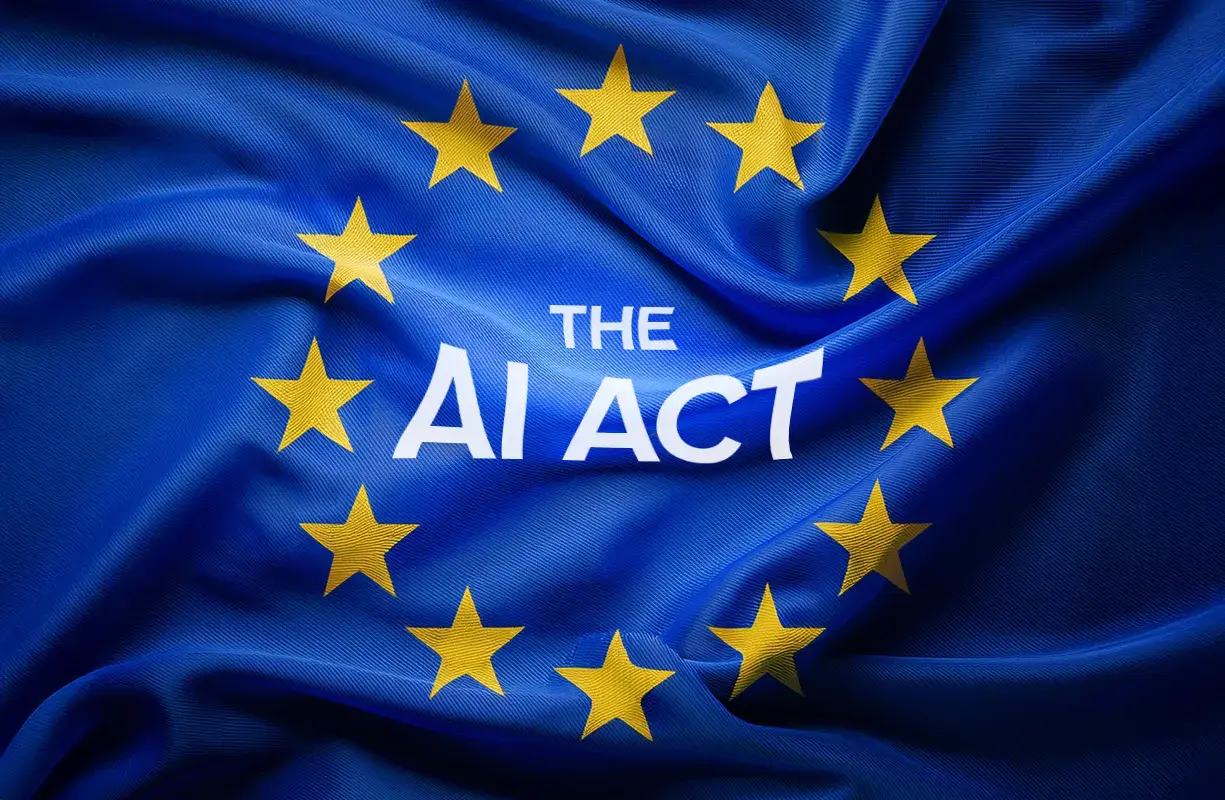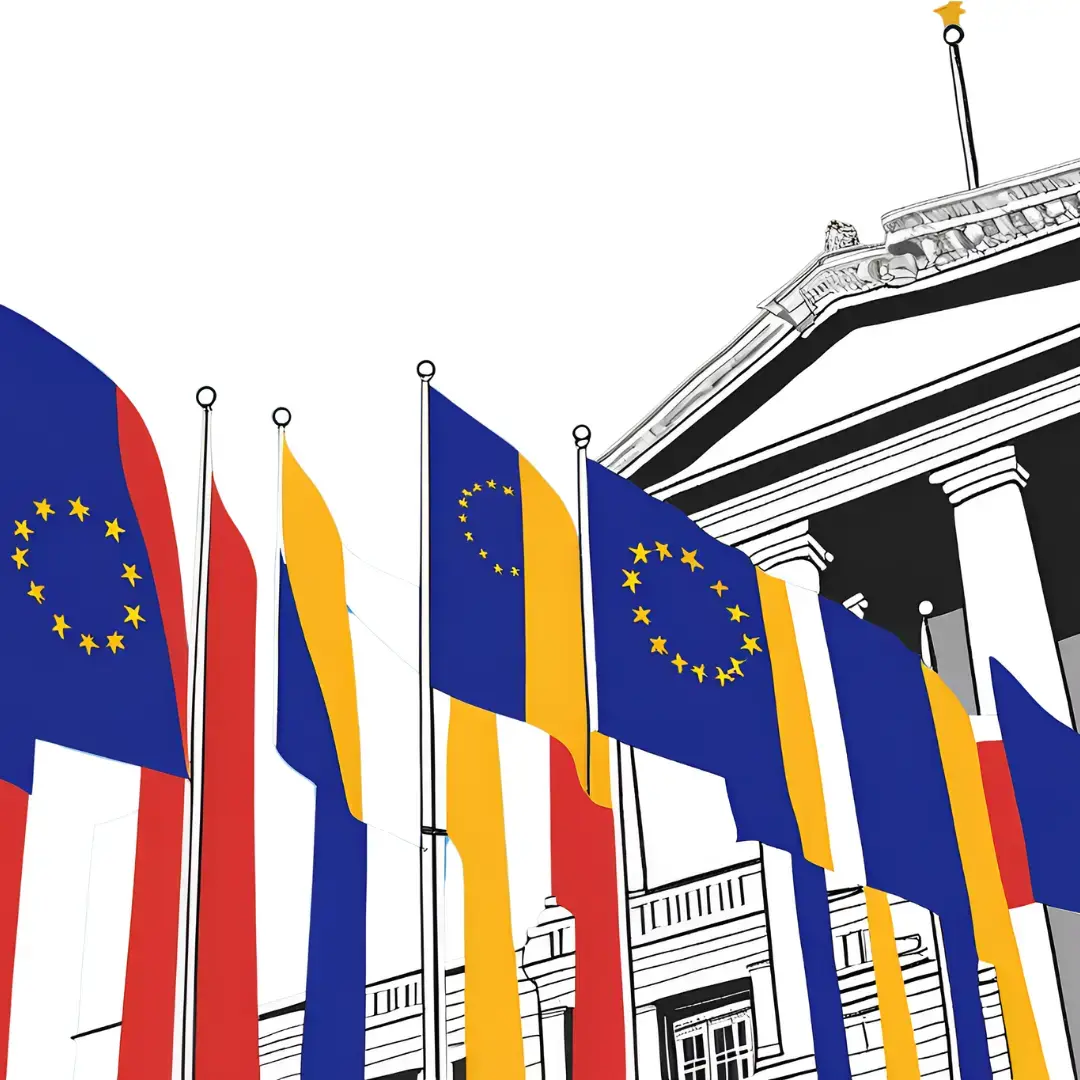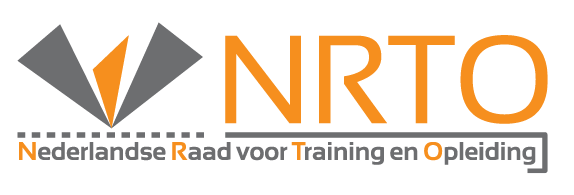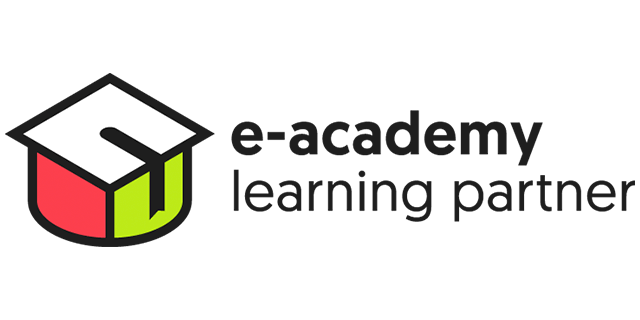Yes, attending a training is highly recommended to fully comply with the requirements of the EU AI Act.
Although plans are underway to make training mandatory for the use of AI in work-related contexts, this requirement is not yet in effect. However, it is expected to become a reality by 2025. The new AI regulation introduces obligations that require specific knowledge and skills in areas such as compliance, risk management, and ethical AI application. Here are the key reasons why training is essential:
- Understanding the regulation: The EU AI Act contains complex guidelines. Training helps interpret these clearly and apply them correctly in your operations.
- Practical compliance: Training enables you to adapt AI systems to meet requirements such as transparency, dataset management, and technical documentation.
- Avoiding errors and penalties: A solid understanding of the legislation helps prevent costly mistakes and potential sanctions.
- Building trust: A trained team can implement AI systems more safely, transparently, and ethically, fostering trust among customers and users.
We look forward to receiving more information soon about what these trainings will entail, their scope, and the specific topics they will cover.
In short, training is not just helpful but essential to prepare for the implementation of the EU AI Act. Start building the knowledge you need to ensure compliance today!













